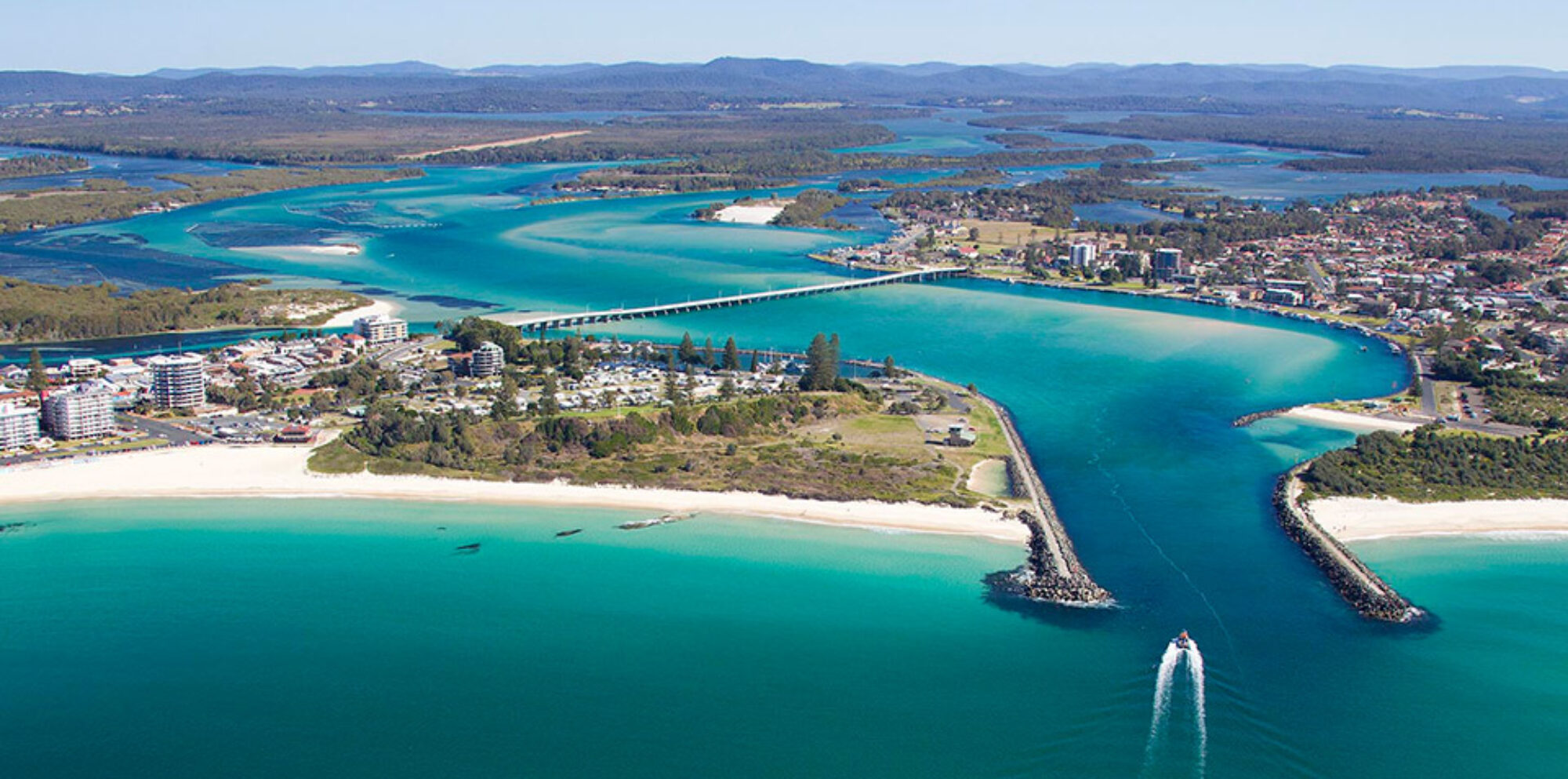Human interactions, including recreational activities, have led to a degradation of different ecosystems. In NSW, there are some specific examples that have led to permanent changes to the environment and as a result some changes to laws around recreational activities.
Bushwalking and Hiking– Popular trails like the ones in the Blue Mountains National Park and the Royal National Park have experienced soil erosion due to the constant trampling by hikers. This erosion can lead to the loss of native vegetation and changes in water runoff patterns. Extreme impacts include land slides, endangering people and permanently changing the landscape.

Off Road Driving (4WD and dirt bikes)– Vehicles can crush and destroy native beach vegetation, such as dune grasses. These plants play a crucial role in stabilizing sand dunes and preventing erosion. For example, at Stockton Beach, the driving of 4WD vehicles has led to significant damage to the native vegetation, disrupting the natural dune ecosystems. They also disturb and destroy the habitats of beach-dwelling animals, including nesting sites for birds. The endangered Pied Oystercatcher and the Little Tern, which nest on the sandy beaches of NSW, are particularly vulnerable to disturbance from 4WD activity.
Boating and Fishing– Recreational fishing has led to the depletion of certain fish species, disrupting local ecosystems. On some beaches such as Seven Mile beach in Forster, the removal of species such as Pippies for bait and also for food have led to the reduction of species that rely on them for food. Fisherman who access the beaches by 4WD also can compact the sand, making it more difficult for bait species such as beach worms and pippies to dig into the sand. Reducing these species impacts on fish that rely on them for food.
